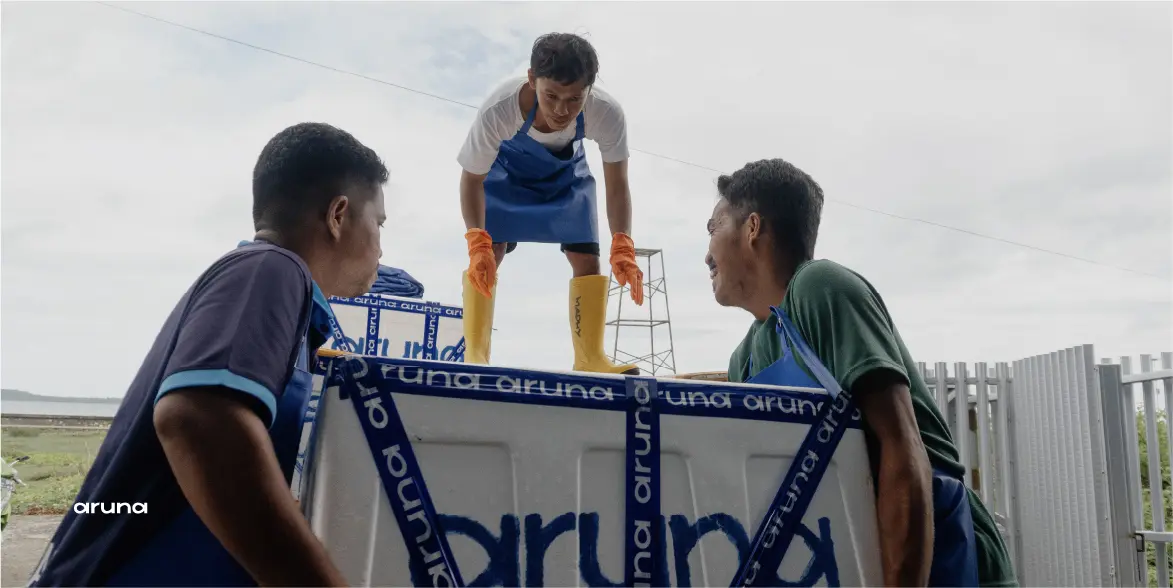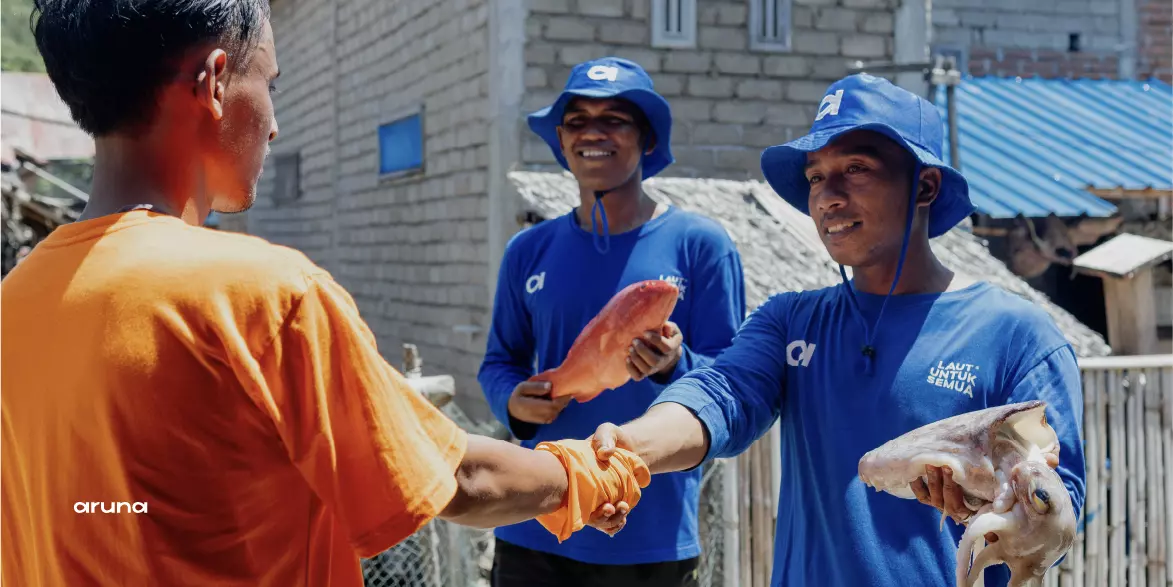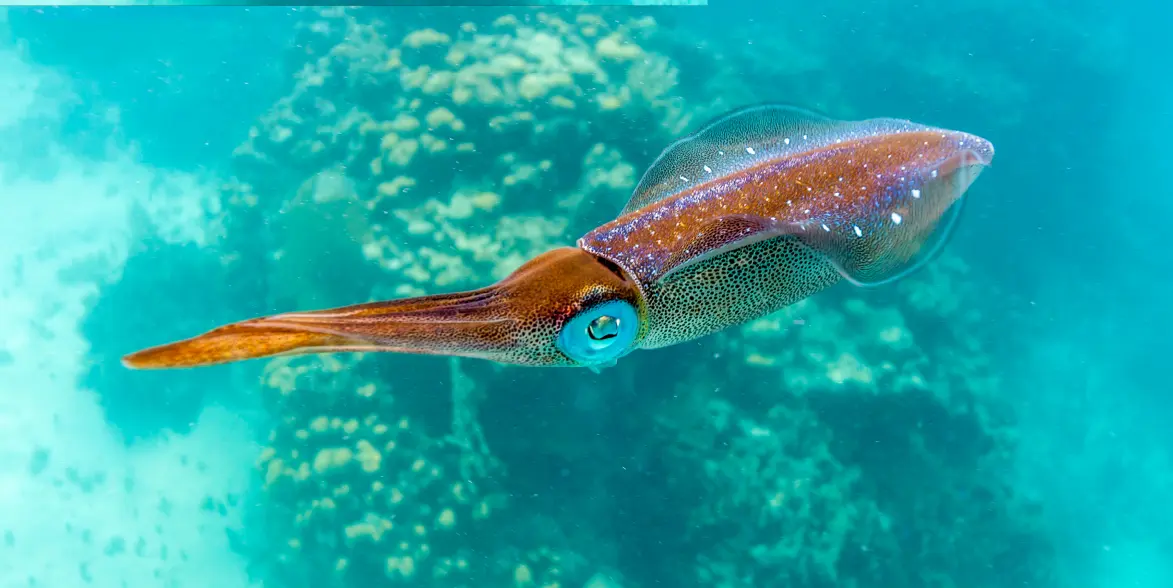Farid Naufal Aslam, the Co-Founder and CEO of Aruna, shares his experiences while running Aruna, a company dedicated to making sustainable fisheries the driving force for the advancement of the fisheries main industry. This vision aligns with the government’s commitment to making the blue economy a central focus of national development, with maritime activities at its core.
Aruna’s Impact in 190 Locations

Aruna is an integrated fisheries commerce company and a supply chain aggregator that has successfully connected small-scale fishermen in Indonesia with international seafood product importers. As many are aware, meeting export quality standards is no easy feat, especially for seafood directly sourced from the hands of local fishermen. However, because Farid and Aruna are unwavering in their determination to advance the fisheries main industry, Aruna has reached over 190 mini-sites known as Aruna Hubs and partnered with more than 40,000 fishermen, known as Aruna Fishermen.
President Joko Widodo first announced his vision for Indonesia to become a global maritime axis during the 9th East Asia Summit (EAS) on November 14 in Nay Pyi Taw, Myanmar. The government has since established five pillars of maritime policy to support this vision: maritime culture, maritime resources, maritime infrastructure and connectivity, maritime diplomacy, and maritime defense.
The Key to Aruna’s Advancement in the Fisheries Industry: Synergy and Collaboration
Aruna, as a local fisheries company with the same vision as the government, coupled with the mission “The Sea for All,” has a strong desire to establish Indonesia as a global maritime axis. By improving the domestic fisheries supply chain, which has been tangled for decades, enhancing financial inclusion, and promoting sustainable fishing, Farid believes that the fisheries main industry will advance by directly addressing its starting point: the fishermen.
Farid also highlights waste management in the fishing industry, which can result in post-harvest losses of around 43% due to the discarded parts of the fish that buyers or seafood suppliers don’t accept. At Aruna Hub Bangkalan, where the primary activity is processing blue swimming crab meat for customers, the previously useless crab shells are now turned into fish feed.
Always Involve Local Communities in Various Programs
“How we involve the community and how we preserve the environment are crucial to ensure community engagement in our programs,” emphasizes Farid. By partnering with coastal communities, especially women and young people, to optimize fish waste management, Aruna not only increases community income but also engages the community in environmental conservation.
Farid stresses the importance of companies and other stakeholders not being afraid to collaborate. While competition is indeed important for companies, there are solutions that can complement each other. Collaboration between the private and public sectors can accelerate the growth of the maritime industry, providing funding, research and development support, investment, infrastructure, talent development, and industry promotion.
With the right mindset, a dedicated team, and a sound strategy, founders and owners of businesses in the fisheries industry can build successful enterprises while making a positive impact on both the economy and the environment.











Leave a reply
No comments found.